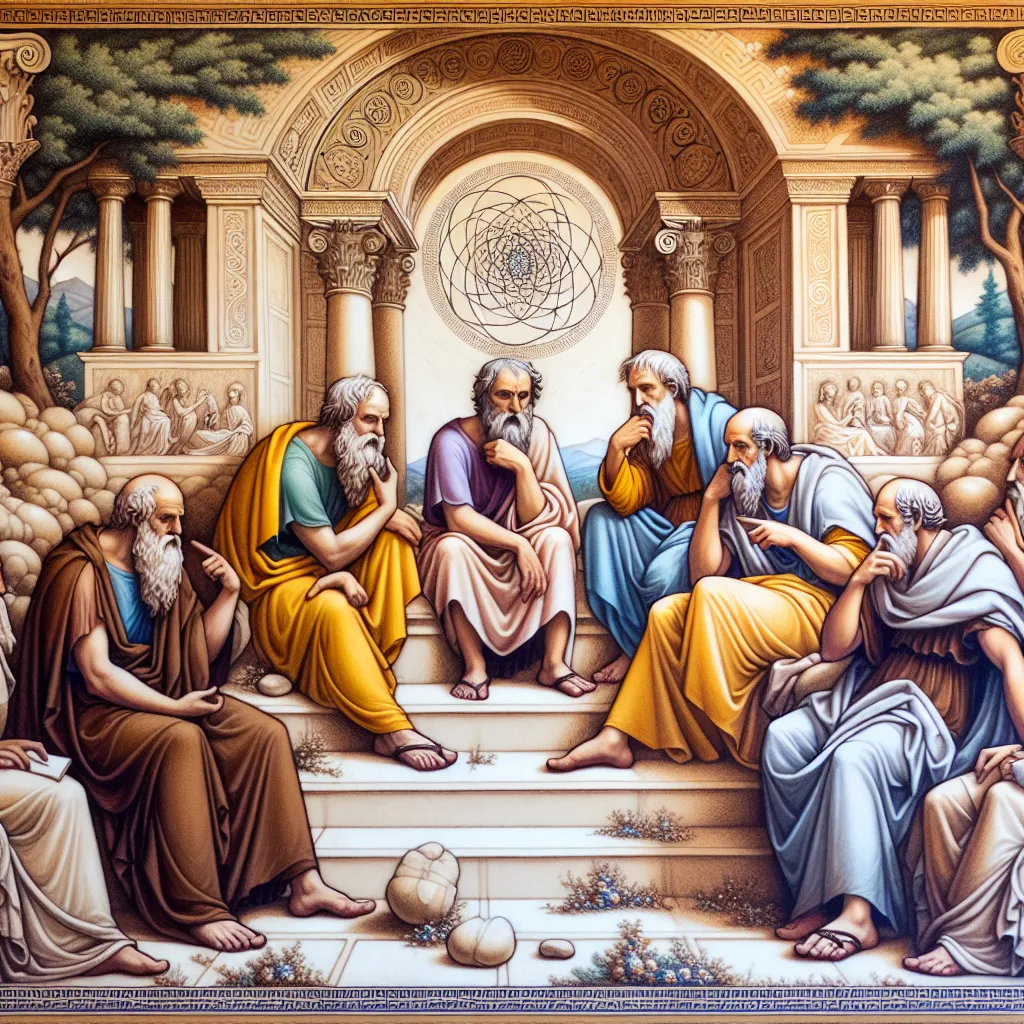Bashar al-Assad is a well-known figure globally, largely because he has been Syria’s president for the past 20 years. However, what many people might not know is that he and much of the Syrian government belong to a secretive religious minority known as the Alawites. This group mainly lives in coastal Syria and on the remote mountain Jebel al-Alawite.
The Alawites sometimes go by different names, but it’s tricky because these names can carry political undertones. For the most part, “Alawites” became the common term after the 1920s. It’s important to note that they are distinct from a similar-sounding group in Turkey.
Their faith is quite secretive, making it hard to gather complete information about their history or teachings. There’s also an ongoing debate about whether they are a unique religion or a branch of Shia Islam. Adding to the complexity are different branches within the Alawite faith.
Some trace the Alawite origins back to the ninth century in Iraq, with a man named Muhammad ibn Nusayr, who was a student of two Shia Imams. His teachings led to a form of religion that separated itself from traditional Islamic law. This movement was further solidified in Syria by figures like al-Tabarani in the early 11th century.
Alawite beliefs are unique and blend different traditions, including Islamic, Greek, Christian, and even pre-Islamic local beliefs. Their critical scripture, known as the “Kitab al-Majmu” (The Book of the Collection), has sparked debate among followers about its authenticity.
One of their central beliefs is in the transmigration of the soul, which is somewhat similar to the concept of reincarnation in other religions. According to this belief, earthly life is a punishment, and the goal is to escape this cycle and return to heaven.
A particularly controversial aspect of their faith is their veneration of Ali, the Prophet Muhammad’s cousin and son-in-law. Some sources suggest that Alawites see Ali as a divine figure, though modern Alawites downplay this idea to emphasize their Islamic ties.
Alawites have rituals and festivals that show their religious syncretism, and they celebrate a mix of Islamic holidays and those unique to their faith. For example, they celebrate Christmas and Norooz, alongside Islamic holidays like Eid, but with distinct interpretations.
Historically, Alawites have been persecuted and marginalized. In the Ottoman era, they were often forced to convert to mainstream Islam. During French colonial rule, they gained some autonomy, which set the stage for their involvement in the Syrian military and government.
The 20th century brought significant changes. The Alawite identity was reshaped to align more closely with Twelver Shia Islam, partly as a political strategy. When Hafez al-Assad took power in 1971, efforts to present the Alawites as Shia Muslims intensified, allowing them to meet constitutional requirements for the presidency.
Today, Alawites hold considerable political power in Syria. The Assad family’s rule has cemented their influence, with many Alawites involved in the government. The debate over whether they are Muslims continues, reflecting the complexities and internal diversity within the group.
In conclusion, the Alawites are a fascinating and enigmatic group with a deep and complex history. Their influence in Syrian politics is significant, and their religious identity remains a topic of debate. Feel free to share your thoughts and keep the conversation going.






